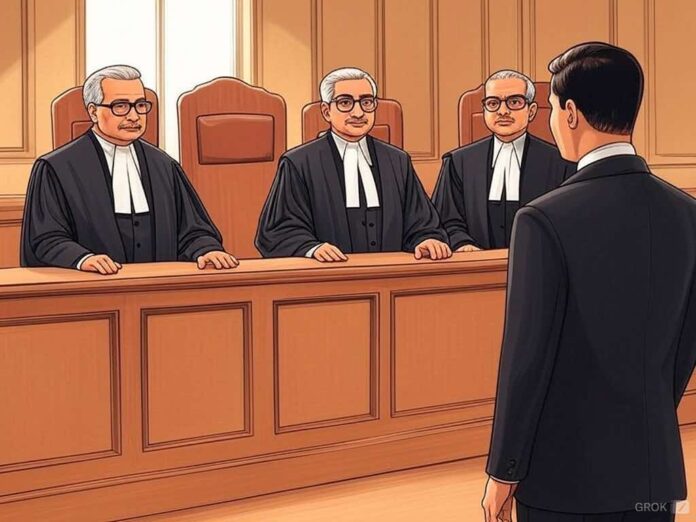As per the report of Hindustan Times in a significant evolution of the judicial appointment process, the Supreme Court collegium on Sunday conducted personal interactions with candidates being considered for high court judgeship. This step marks a departure from tradition, underscoring a proactive approach towards ensuring transparency and suitability in judicial appointments. The three-member collegium,




